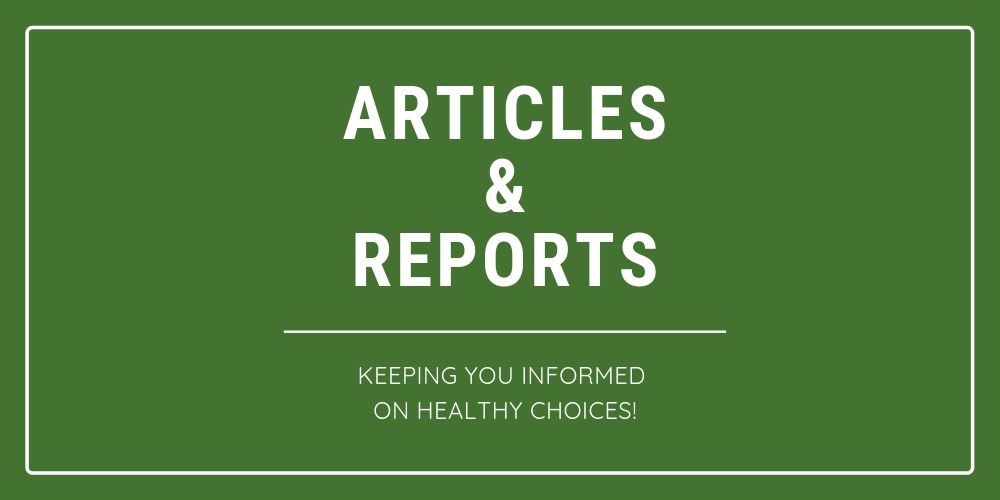I was born and raised in China where Ginseng was a household name. In our culture, one would be very cautious as not to take ginseng when one has a cold or flu. Interestingly, here in Canada remedies containing nothing but Ginseng are being labelled and marketed for treating flu. It is a fact that Ginseng can booster immunity, but back in China people believed that Ginseng has too much “Yang” energy that might prevent cleansing of the virus out of the body. In fact, in TCM the treatment for the flu would be to detoxify the body with herbs that belongs to the “Yin” family. Remember these traditional beliefs were based on actual human experiences across the centuries. Most TCM textbooks, both ancient and modern texts document influenza as a contra-indication to take Ginseng. I am not here to put down ginseng products or to promote other remedies for flu. I just want to point out this western myth about an oriental herb.
In China, ginseng is used mostly as a tonic for good health, rather than a medicine to treat a condition. It is intended for people who are anaemic, asthenic, with low immunity or has low blood pressure or weak lungs. It is taken on a long term basis frequently yet intermittently, and never in large doses.
Traditionally we do not give it to people with high blood pressure, with active infections, with a cold or flu, before and after operation, with impaired kidney or liver functions, and people with constipation or stomatitis. We also do not give it to women who are menstruating, pregnant, or nursing. Ginseng is also not intended for everybody. If your body type belongs to “Yang” manifested as being robust, florid, and energetic, you should avoid ginseng. If you experience insomnia, irritability, acne formation, dry mouth, sore throat, constipation or mouth ulcers after taking ginseng, you should stop immediately as that means you are not the right body type for ginseng. Here in Canada, ginseng is marketed by some growers for use for high blood pressure. As far as I am concerned, this is a risky practice.
To add a cloud under the overcast sky, there are more than one type of ginseng, and they have different properties. Those grown in China and Korea are Panax Ginseng. Those grown in North America (Wisconsin, Kamloops, Ontario, etc.) are Panax Quinquefolium. By the way, Siberian ginseng (Eleutherococccus Senticosis) is not even a real ginseng. “Red” ginseng only means that it has been processed by steaming. The 2 major types of ginseng have different active ingredients (ginsenosides). The combination of the ginsenosides in the Korean and Chinese ginseng results in a purely “Yang” nature, whereas North American ginseng bears a lot of “Yin” properties. If you are not sure, better check with somebody who knows, or seek other remedies for your condition. If you want to avoid this ginseng controversy, take other immune boosters when you have a cold or flu.
Henry Cheng is a medical graduate of the University of London, England and is now Natural Products Consultant at Pharmasave Health Centre Downtown Cloverdale.




